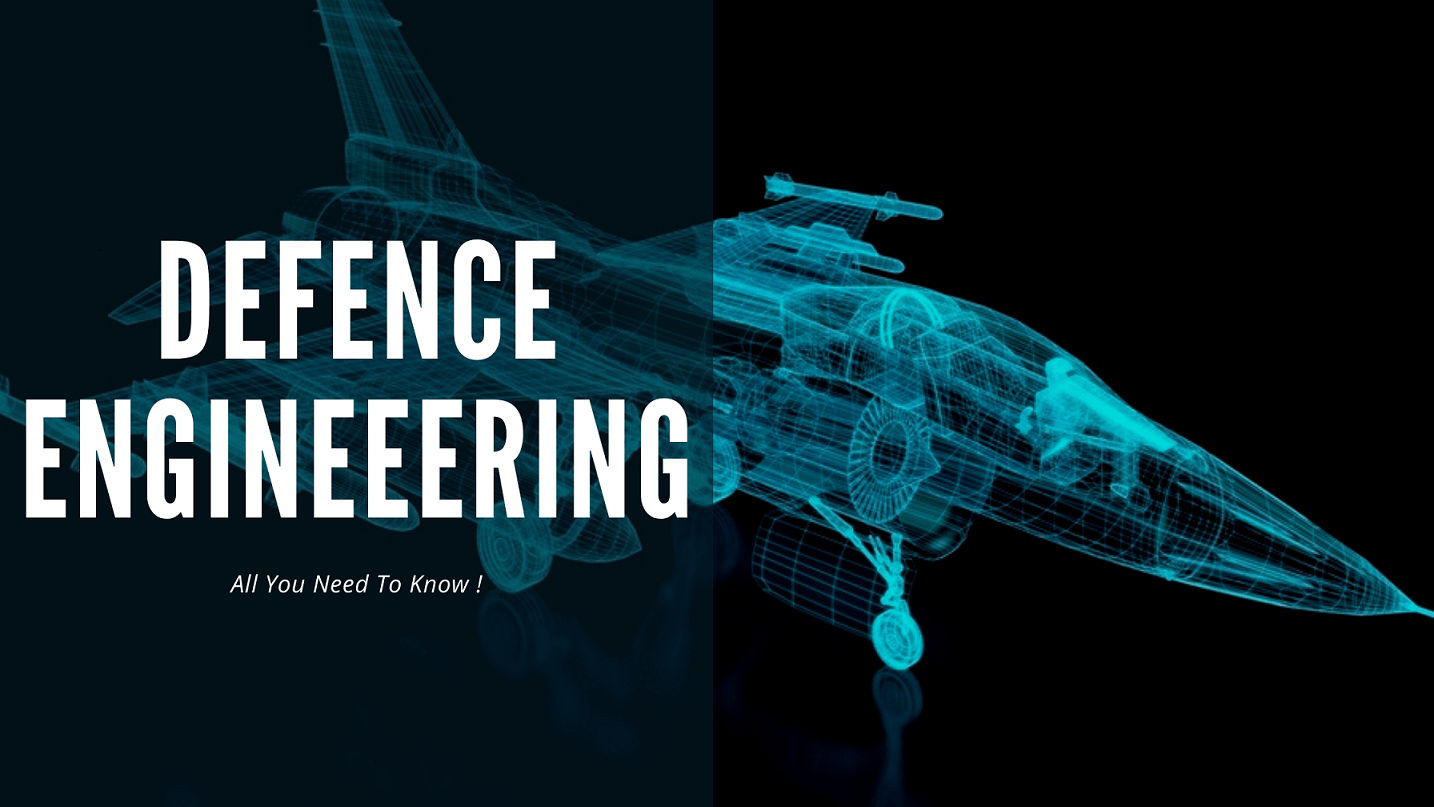Defence Engineering And Its Differences To Other Kinds Of Engineering

Engineering includes a wide range of work in connection with design and construction around the world. For example, defence engineering has a particular role in maintaining the peace and order of a certain area. But, here is more you should know about how it works and how it varies from other engineering fields.
About Defence Engineering
Defence engineering helps many nations to develop various technologies which promote peace among countries experiencing conflicts. Engineers play a role to create tools, such as vehicles, planes, or anything that can be used as a defense, for instance, during military conflict.
Such innovations are suited for the government but many private sectors are also taking advantage of them. This has pushed defense engineers to create more solutions to meet every client’s needs.
The advancing technology really benefits defence engineers in producing innovations concerning the increasing demand for such development.
Differences of Defence Engineering To Its Counterparts
Like the other fields of engineering jobs, defence engineers focus on developing solutions to satisfy a specific need. It is necessary for an industry that has a higher chance to experience tensions and attacks, such as banks and large infrastructure.
Here are some factors making defence engineering more unique when compared to other areas of engineering:
Coverage
Defence engineering can cover everything from land, air, and sea, or any sectors that need a higher level of protection. Engineers will be responsible for developing the existing technologies that require so many skills and experiences. In other words, they must do good for the sake of the defence industry.
Responsible for Military Works
Dangers are high in the military field by which engineering solutions are essential to help individuals who are at extreme risk. Other fields of engineering cannot assist such kind of work as they are more focused on different works.
There was a great demand for military technology in human history, particularly during the World War era. It is during those times that defence engineering started to create solutions for the military. Growth and expansion in producing defence tools have become more visible over the years that resulted in many new inventions, like tanks that were never used before.
The very first tank was created in 1915 by Mark I which was used during the 1916 war. Since then, tanks have become a useful tool against wars up until today.
Innovations continue in the 21st century when aerial drones and other big-budget projects are made. This is believed to benefit future conflicts as technology advances so fast. Defence contractors also deliver affordable drones to satisfy other consumers who have lower budgets.
Used Heavy-Duty Materials
There is no room for an average output when it comes to defending a country. It takes the highest quality material to put together with heavy-duty devices enough to protect a nation at risk of threat and dangers.
Engineers should make the innovations effective and valuable for the clients. This includes transforming existing vehicles and other communication devices with better features and durability for the best possible outcome.
Demands Higher Cost
Defence technology can be expensive to develop compared to other forms of solutions made by engineers. Big budgets are crucial to creating superior devices over the years, plus getting a career in defence can also be pricey.
Despite all of that, defense engineering provides services for military forces better than any engineering works can do. All the expenses will be worthwhile as conflicts between nations can be solved with such new innovations.
Other Things To Consider
Since defence engineers differ from structural and mechanical engineers, it is important to consider the following in choosing whom to work with:
Discipline
To be a defence engineer is a long journey from studying, internship, and landing to a job or project. And discipline is one key to finally developing skills, especially when you specialize in a particular area. It also helps engineers to produce what the client needs cost-effectively in the future.
Competent
Working with the right team can speed up the process to deliver quality projects. It is recommended to collaborate with some defence engineers who have different backgrounds that would result in a better project when put together.
Efficient
Defence engineers often experience having limited resources due to budget cuts done by some clients. In such cases, partnering with other sectors and even with potential clients is an advantage to increase resources.
Final Thoughts
Finding the best defence equipment engineers can bring technological solutions that could meet every client’s requirements. They know exactly the right tools to produce highly durable defense solutions from the materials toward proper installation.
Though engineers have no time to inspect all the details, defence engineers know to supply everything and ensure high-quality products. They specifically cover air, land, and sea applications with a lot of rugged equipment to defend a nation. It will require heavy-duty materials and so a higher cost to develop valuable solutions to defend a nation.
Whether it is lifting equipment or maintenance tools, we have the solution for your needs. Visit Bend-Tech Defence to learn more about a wide range of products.
